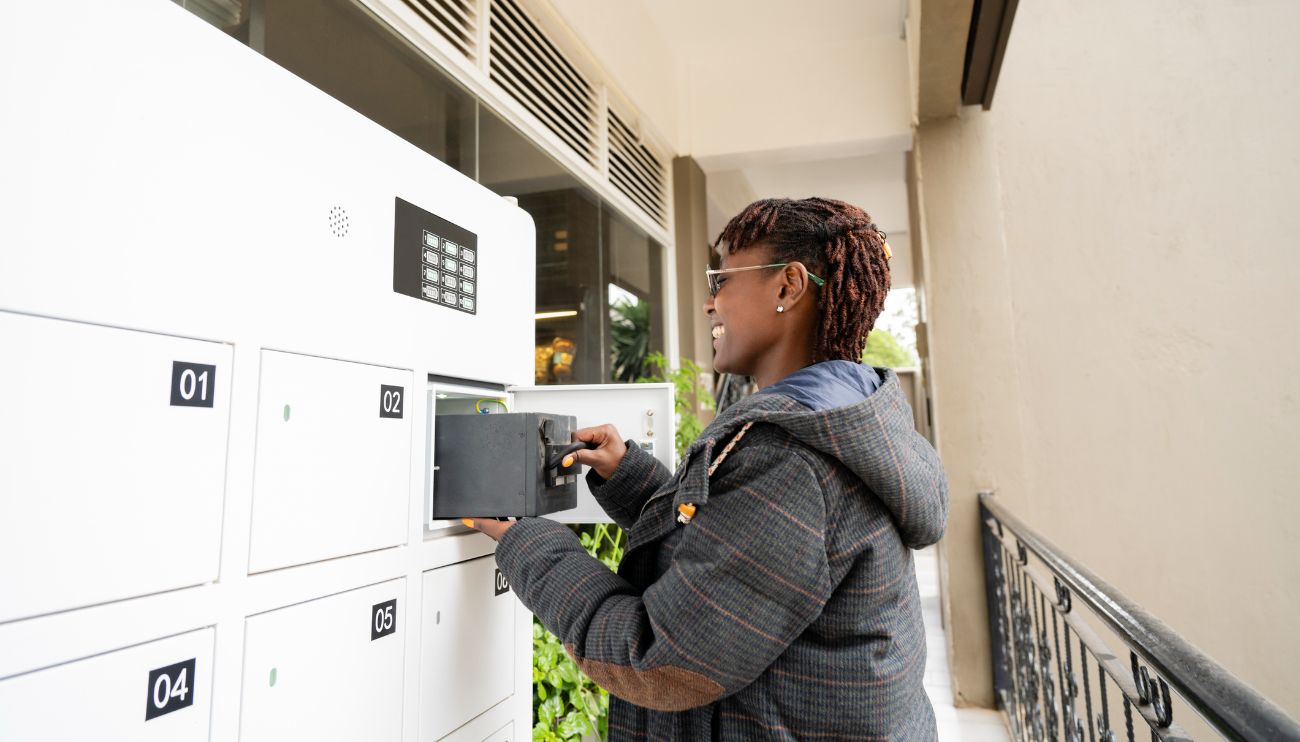Soil Systems, Vol. 9, Pages 58: A Novel Biostimulant–Biochar Strategy for Improving Soil Quality and Salinity Tolerance in Medicinal Mint (Mentha longifolia L.)
Soil Systems doi: 10.3390/soilsystems9020058
Authors:
Mamdouh A. Eissa
Modhi O. Alotaibi
Mashael M. Alotibi
Alya Aljuaid
Taghreed Hamad Aldayel
Adel M. Ghoneim
This study evaluated the combined application of biochar (BC) and Spirulina platensis (SP) as a sustainable strategy to improve soil quality and salinity tolerance in mint (Mentha longifolia L.) cultivated in sandy soils. A pot experiment was conducted using saline irrigation water (5 dS m−1) with four treatments: control, BC alone, SP alone, and BC + SP applied at 1% (w/w), arranged in a randomized complete block design with three replicates. Salt stress reduced plant height and biomass yield by 16% and 27%, respectively, and increased sodium (Na+) in shoots by 74%, causing ionic imbalance and decreased soil microbial biomass carbon by 19%. The combined BC + SP treatment significantly improved soil microbial biomass carbon (SMBC) by 100%, reduced soil Na⁺ by 41%, and enhanced K+/Na+ and Ca2+/Na+ ratios by 138% and 133%, respectively. Under salinity, BC + SP increased nutrient concentrations in mint shoots, including N (120%), P (106%), K (88%), Ca (67%), Fe (70%), Mn (50%), Zn (44%), and Cu (70%), and improved leaf chlorophyll content. These results demonstrate that BC and SP synergistically mitigate salinity stress by improving soil properties, nutrient uptake, and ionic balance, making BC + SP a promising sustainable amendment for saline sandy soils.
Source link
Mamdouh A. Eissa www.mdpi.com


